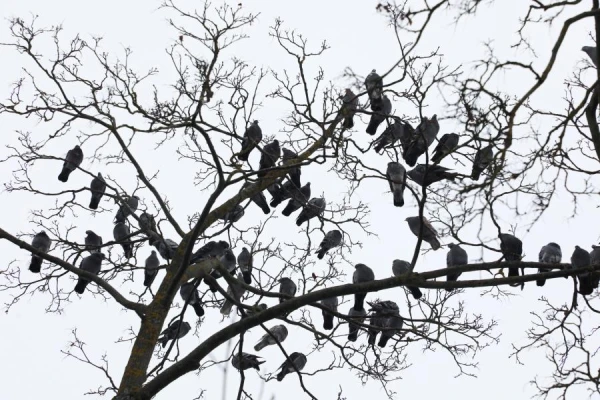
Scientists have noticed that birds across the United States have suddenly changed their usual migration routes, which could have serious consequences for both nature and humans.
Recently, more and more birds are abandoning traditional migrations south, as rising air temperatures disrupt their natural migratory instincts, causing them to delay, change, or even cancel their annual flights, writes the Daily Mail.
Although this may not seem serious at first glance, such changes could lead to the extinction of many bird species. Birds play an exceptionally important role in the ecosystem and, consequently, in human life: they help control pests, disperse seeds, and pollinate plants. It is estimated that about 5% of the plants used by humans for food and medicine depend on bird pollination. This means that as the climate changes, more birds will die as it becomes harder for them to find food. As a result, food production will decrease and the natural balance will be disrupted.
Andrew Farnsworth, a visiting researcher at Cornell University, points out in his study that rising temperatures in regions such as the Arctic, along with other factors—such as wildfires—significantly complicate the survival of birds. According to the American non-profit organization National Audubon Society, about 389 species of North American birds are likely to disappear within the next 50 years—almost two-thirds of all studied species. It is predicted that by 2080, these birds will lose at least half of their natural habitat, which will seriously threaten their existence.
Previously, scientists established that since 1970, about three billion birds have disappeared in North America. This mass decline in numbers is already affecting the pollination of tropical plants, such as bananas, coffee, and cocoa (the raw material for chocolate). Importantly, pollination issues also affect medicinal plants used in pharmaceuticals and traditional medicine. If bird populations continue to decline, farmers will find it increasingly difficult to ensure adequate food supplies. This could lead to rising production costs and food shortages worldwide.
The scientist emphasizes that the mass death of birds has several causes—loss of natural habitats, climate change, pesticide use, and anthropogenic factors (such as urbanization). The connection between bird behavior and climate change is extremely close. Rising global temperatures have already altered the rhythm of the seasons, causing birds in some regions to begin nesting earlier or later than usual. As a result, they often arrive at feeding grounds when food is still unavailable. Consequently, birds suffer from hunger, making it harder for them to find mates and food, leading to a rapid decline in populations—fewer birds are able to survive the winter. These changes have already negatively impacted several species.
Significantly, people who feed birds may only exacerbate the situation: this practice reduces birds' motivation to migrate and attracts predators that prey on the remaining ones.



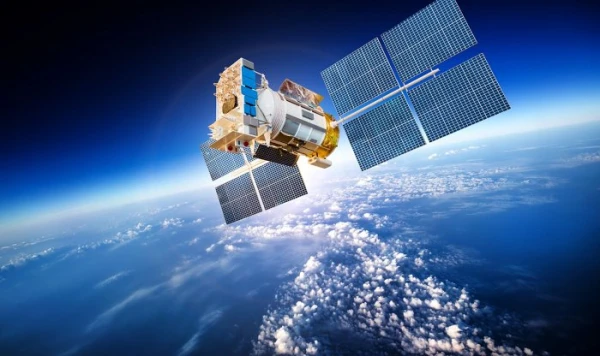








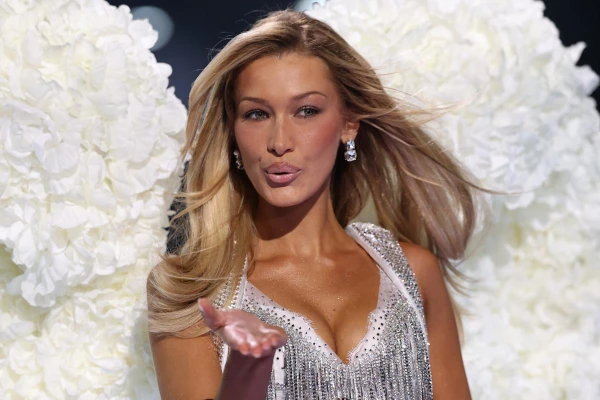
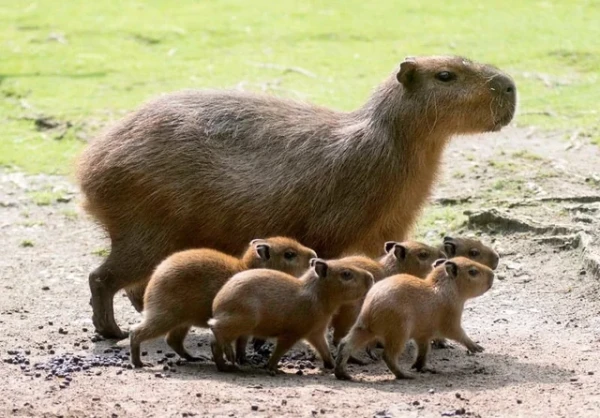
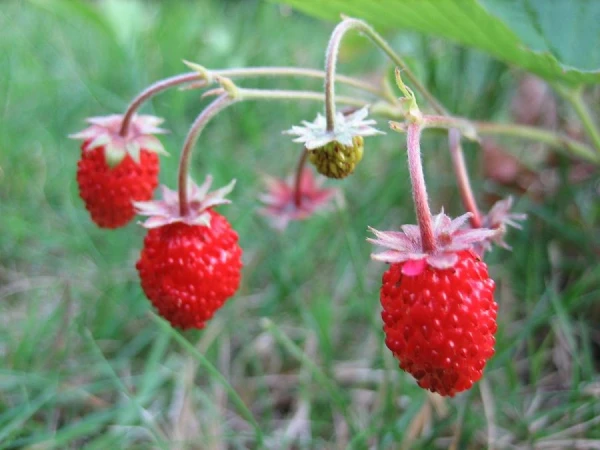
Leave a comment